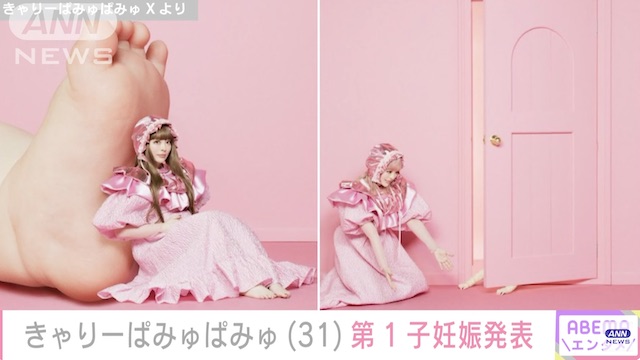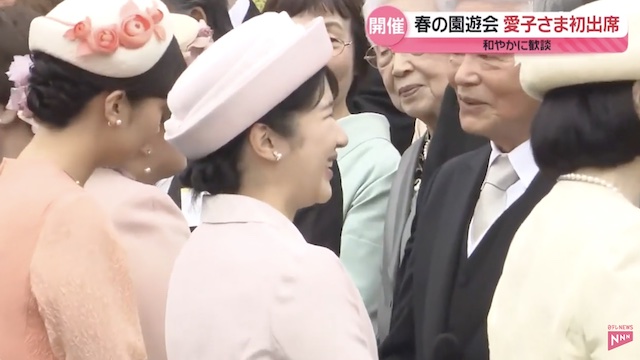Aug 03 (The Economist) - Japanese work notoriously hard—to which the abundance of comatose passengers on the commuter trains attests.
Many men work so late, or get so sozzled after work to relieve stress, that they don’t make it home. Hence the ease with which, early the next morning, you can buy a cheap shirt and tie in the convenience stores in the business districts of Nagoya, Osaka and the capital.
Twelve-hour days are common. Holidays are stingy—just ten days a year when you start out at work—yet Japanese workers, on average, take only half their due. Japan leads the world in paternity leave—up to a year. Yet barely 5% of men take advantage of it, and then usually for just a few days. Japan has given the world the term karoshi, or death by overwork.
Japan’s work system dates to the end of the second world war, when defeated soldiers swapped uniforms for suits. Salarymen became the shock battalions of Japan’s economic miracle, rebuilding the country during an era of turbocharged growth. Companies needed lots of male workers quickly (women worked as secretaries and then became homemakers once they had found a husband—often at work). In return for absolute loyalty, workers at big companies got regular wage rises, generous benefits and the guarantee of employment for life. Company ties were sometimes stronger than family ones.
The model now holds Japan back. It is miserable for male workers, especially as companies no longer make the money to offer new employees the same benefits and guarantees. It is even worse for women. Those who succeed in a male-dominated workplace risk all if they have children, after which it is hard to pick up careers again. A large number of women don’t return to work at all. As for Japan’s young, many opt out of corporate life to open or staff boutiques, cafés and the like. There they accept low pay rather than toil in bleak offices. None of this helps companies either—Japan has the lowest productivity of the G7.
Government and businesses increasingly acknowledge a problem, but struggle to deal with it. It is telling that “Cool Bizâ€, a ballyhooed campaign launched in 2005 to get people to take off ties and jackets at work, was motivated not by a need to please workers but to save on summer air-conditioning. These days, bureaucrats dress down during the sweltering summer months, but employees at banks and the like rarely dare.









